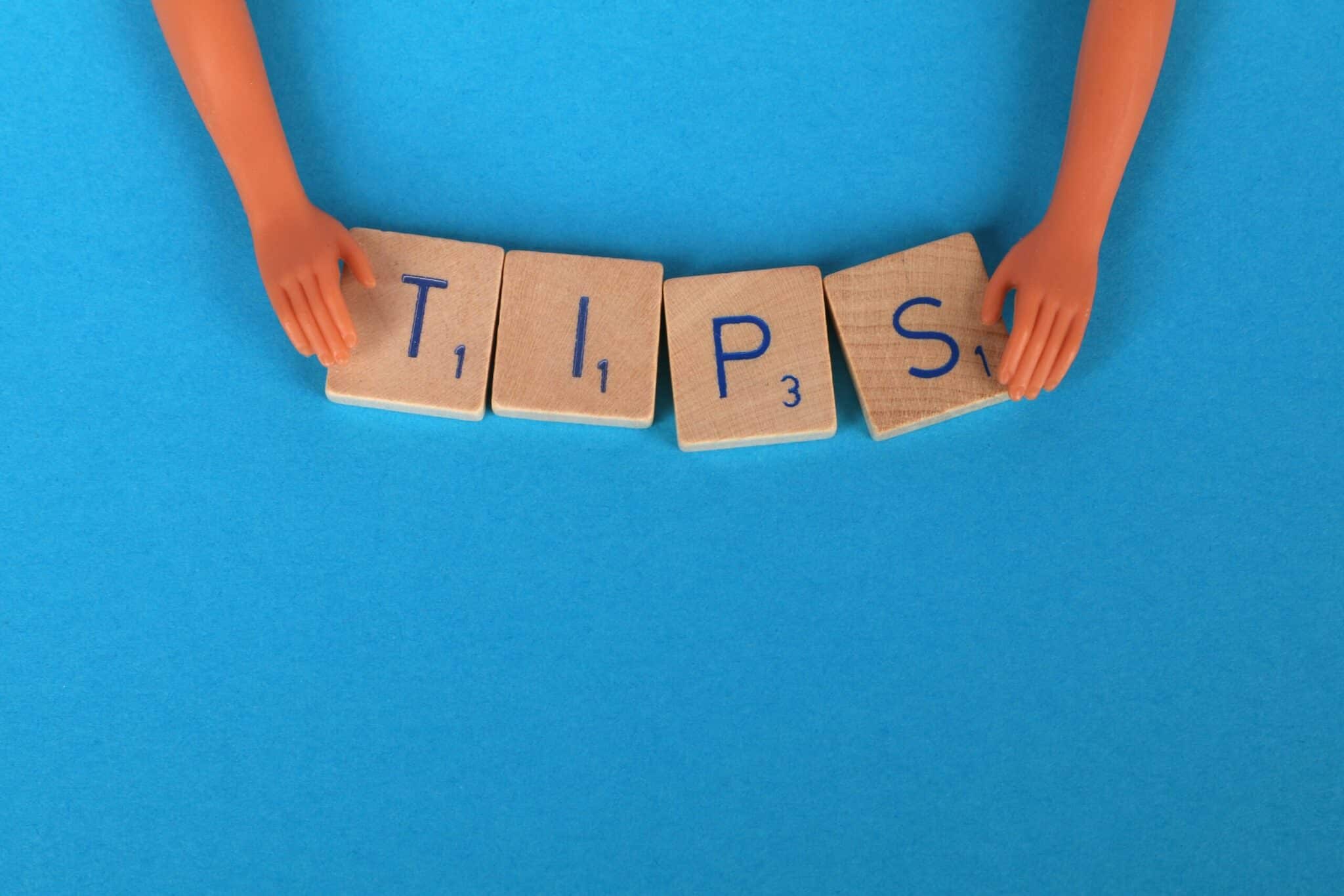One of the primary concerns of teachers in any classroom is how best to deal with challenging behaviour. Educators and teachers are consistently reporting feelings of anxiety and worry when it comes to their ability to cater to the requirements of students with challenging behaviour issues. A key impediment to children learning is the disruption and problems caused by challenging behaviour in classrooms. Which has a negative effect on both the unruly students and their peers.
Zero tolerance approaches to tackling challenging behaviour have failed. despite being a popular disciplinary model over the last decade or more. The tide is turning, and recent changes in education practice have seen the emergence of a continuing and greater emphasis being placed on incorporating social elements into teaching pedagogies.
These new initiatives include elements such as Positive Behaviour Intervention Support, or PBIS, Social Emotional Learning, or SEL, and Restorative Practices. All these methodologies are gearing firmly towards addressing the challenging behaviour that causes so many problems. Through a concerted approach to learning and teaching, rather than the enactment of disciplinary measures.
An absolutely shocking 71% of students between the ages of eleven and eighteen do not believe their school is providing adequate care or an encouraging environment. It is absolutely imperative that teachers and educators take into consideration the overwhelming number of students who believe additional support is required in their classroom environments.
Teachers need to be providing more instructive and positive ways of addressing challenging behaviour and supporting their students in the classroom.

Behavioural research
Fortunately for all, there is now a rich pool of research into the best means of ensuring students are equipped with the necessary social skills to tackle these troublesome behaviours. The use of social skills learning in schools is predicting to result in a slew of benefits. From an increase in attention levels and concentration skills to improved opportunities for employment and their quality of life overall.
Students effectively taught advanced social skills will have very bright futures indeed.
Behavioural research has demonstrated that punitive consequences and disciplinary action are ineffective methods for combatting challenging behaviour in the classroom. And should be used as a secondary approach. The focus should instead be firmly placed on teaching children the social skills required to positively engage with their peers. The instruction of pro-social behaviours has been demonstrably more impactful on students. And produced far more long-lasting results than discipline and punitive measures.
As interventions into challenging behaviour go, teaching children effective social skills is clearly the way forward. By adopting a strategy of social and emotional learning, and an explicitly evidence-based approach, we can greatly improve the behaviours and attitudes of our students, resulting in less negative behaviour, and a reduction of emotional stress in the children we teach.
To that end, here are our five tips for reducing challenging behaviour in the classroom by teaching social skills…
1. Teach positive behaviour
Shift your focus away from eliminating the unwanted behaviour, to instead facilitating the behaviours you desire. This positive method of behaviour modification naturally crowds out bad behaviour without the need for punitive measures. It’s vital that you clearly identify what constitutes good behaviour. Make it clear to your students how you expect them to behave, and do everything you can to facilitate those behaviours. Rather than punishment for poor behaviour, flip things around – identify the motivation behind bad behaviour and teach alternative ways of achieving the desired outcome. Your students will soon learn new behaviours when they realise they can get what they want. More easily, efficiently, and without punishment.
2. Model positive behaviours
Emphasise the importance of learning, performing, generalising and maintaining appropriate forms of behaviour by coaching your students, modelling the behaviour, and engaging in role-playing. It’s vital that you provide immediate feedback on their performance. Reinforce good performances.
3. Be Spartan in your use of punitive consequences
Disciplinary punishment is a lot more effective when used sparingly. Utilise your new positive strategies for behaviour modification wherever possible, and reserve punitive methods for exceptional circumstances. Children build up tolerance and indifference to punishment when it’s a regular occurrence. So much so that the more you use it, the less effective it becomes.
4. Differentiate between practice opportunities
Provide your students with opportunities to practice the training you have been providing in a wide range of different settings. Ensure they are able to practice with different age groups, different individuals, and different teachers. You should be encouraging your students to adopt a generalised view of their newly learned skills. So they can effectively apply them to multiple real-life situations.
5. Use tools for assessment
We often believe we know the reasons students are misbehaving, and we are frequently correct. There are times, however, when there are hidden causes and unforeseen reasons behind challenging behaviours. Draw on assessment strategies such as functional assessments of student behaviour in order to identify the children who need a more intensive approach, and specifically targeted skills.
Teaching is an incredibly rewarding profession, but challenging behaviour can be stressful and unpleasant to deal with. This is especially true because we often dislike punishing students for their behaviour. Especially if we understand and empathise with their reasons. Positive methods such as these will greatly improve the level of challenging behaviours in the classroom and help you fully support your students and focus on the rewarding aspects of teaching in the UK.


